Reference
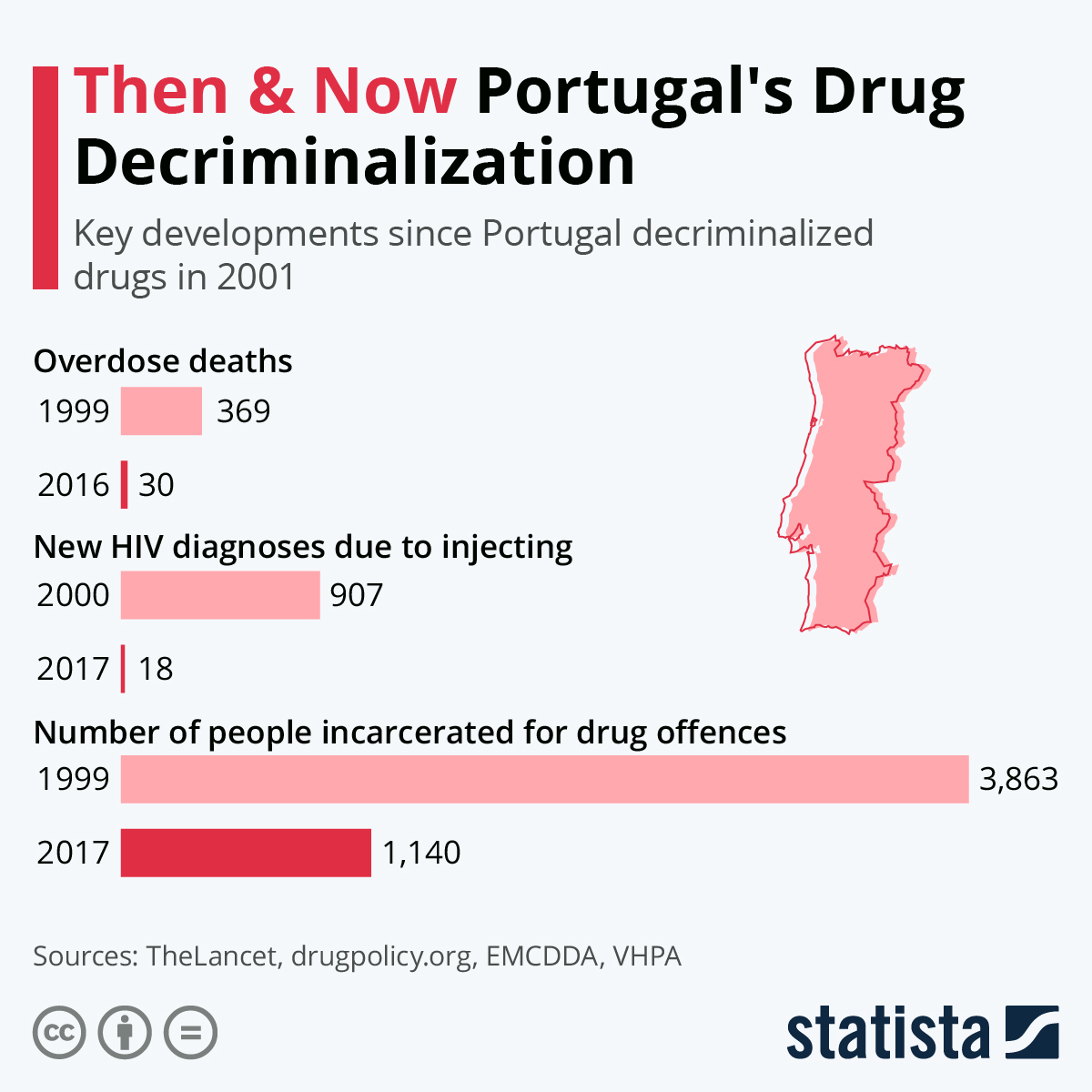
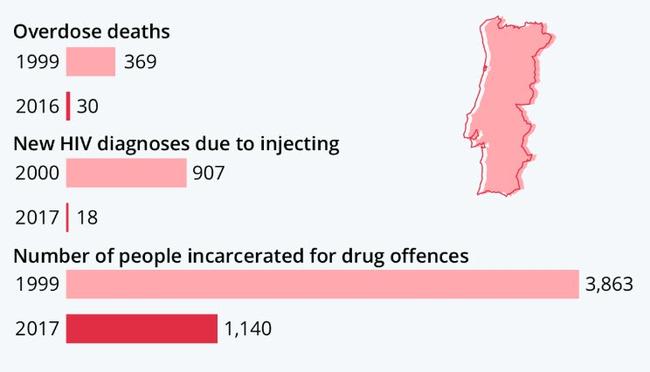

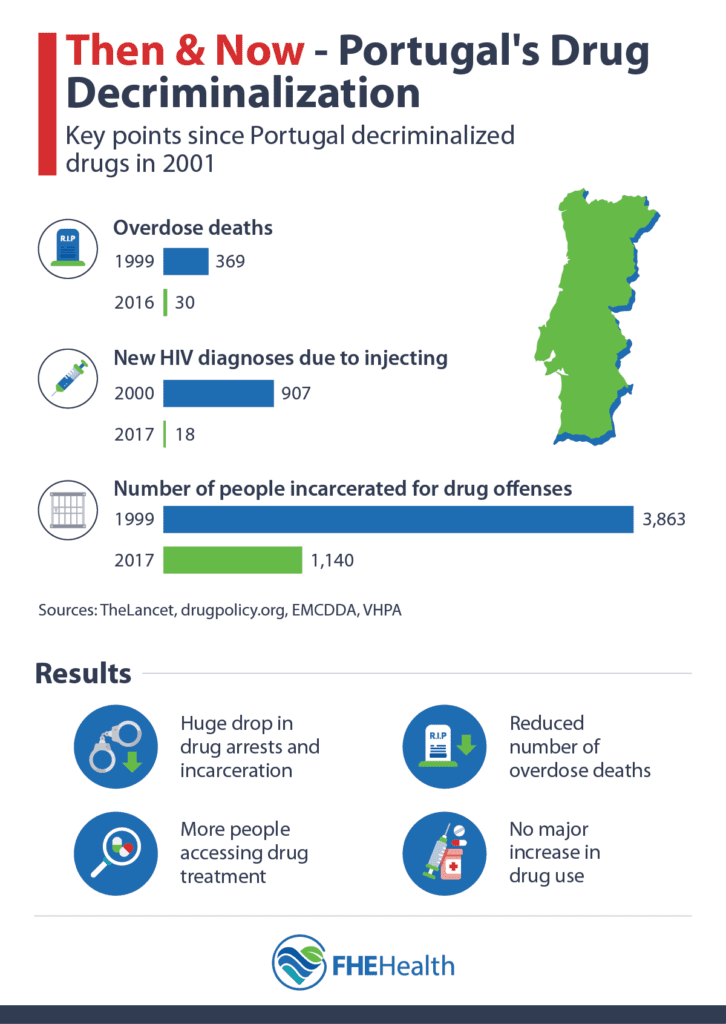
Reference
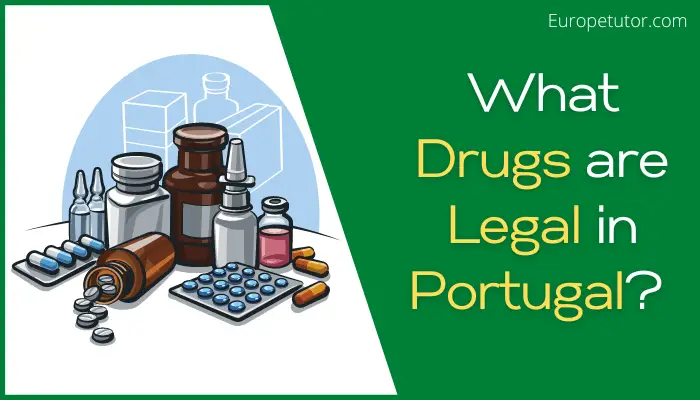

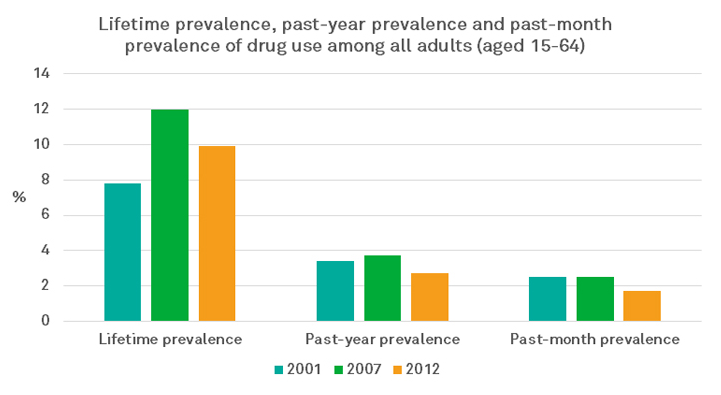

OpenAI's Answer
Portugal's path to decriminalizing drug use began in 2001. This shift was motivated by a severe public health crisis involving widespread drug addiction, HIV, and drug-related deaths. The strategy aimed to treat drug use as a public health issue rather than a criminal offense.
Key Aspects of the Decriminalization:
-
Implementation: In 2001, Portugal decriminalized the use and possession of all drugs. While drug production and trafficking remain illegal, small personal amounts are handled as administrative rather than criminal matters, with potential referrals to treatment or education programs instead of jail time (Vox).
-
Results: The approach led to reductions in drug-related deaths, drug-related HIV infections, and overall drug use among adolescents. It transformed how society perceives drug users, encouraging more humane and supportive measures (Time).
Current Drug Policy (2023):
Portugal continues to refine its drug policies:
-
New Developments: A recent law further clarifies distinctions between drug possession and trafficking, especially concerning synthetic drugs, and maintains the legal framework of decriminalization (The Portugal News).
-
National Plans: The National Plan for the Reduction of Addictive Behaviors and Dependencies extends to 2030 and includes ongoing measures to prevent addiction and support recovery (EU Drugs Library).
Portugal's approach remains a subject of international interest due to its focus on public health and human rights rather than criminalization. Images illustrating the statistics and outcomes of Portugal's drug policy include recent infographics (Statista).

Follow Up
Related
Which players are included in the current squad of Albi?
Who is the current owner of Isel Hall, and when is it open for guided tours?
What is the goal difference for the team currently in second place in Catalonia Subgroup A?
Xx network will get more than 1 dollar?
What supporting documents are required for a B1/B2 visa interview?